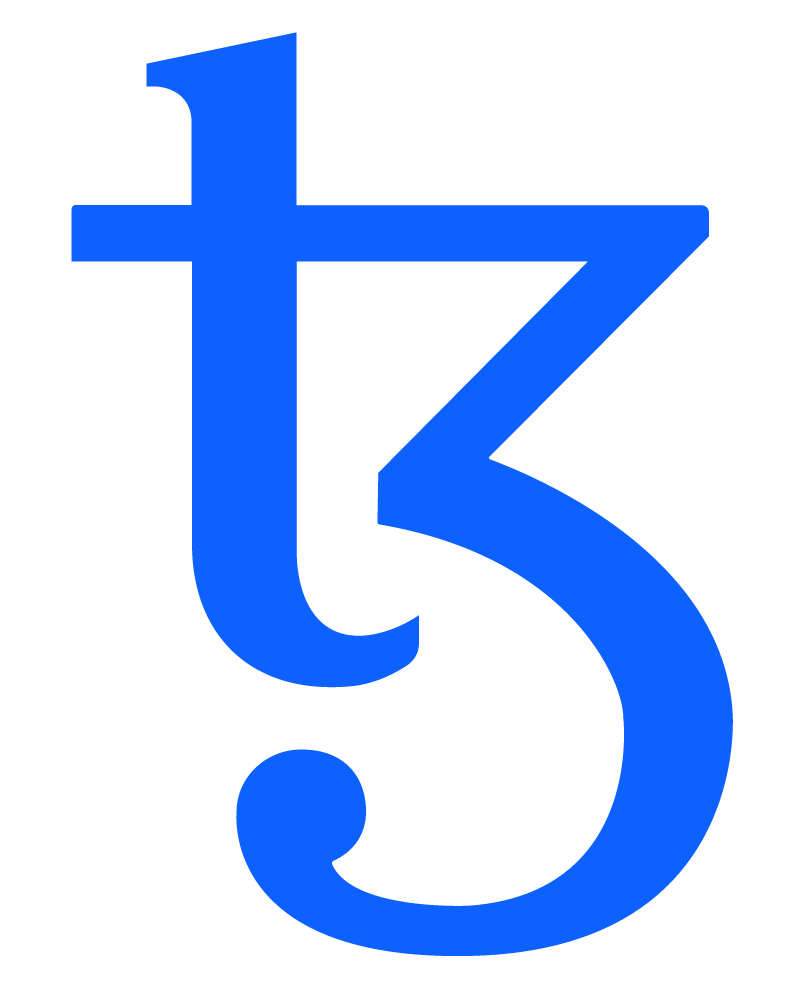NFT Token Standards Ranked by Global Search Volume
By analysing the global search volume (on Google) for NFT token standards, we can gauge which NFT ecosystems developers are most interested in researching and building on.
1. ERC-721 on Ethereum 
Global Monthly Search Volume: 5500
ERC-721 is the most commonly used NFT standard on Ethereum, each token is non fungible and unique, it cannot be divided or directly exchanged for another NFT.
2. ERC-1155 on Ethereum 
Global Monthly Search Volume: 4100
ERC-1155 provides all the same functionality as ERC-721 with the additional flexibility of also creating fungible and semi-fungible tokens, allowing these tokens to be converted to NFTs.
3. FLOW-NFT on Flow 
Global Monthly Search Volume: 2300
FLOW-NFT standard is the minimum requirement to create a safe, secure and non-fungible NFTs and related smart contracts within the flow blockchain.
4. BEP-721 on BNB Chain 
Global Monthly Search Volume: 300
BEP-721 is an extension of the popular ERC-721 standard used on Ethereum. BEP-721 allows for the tokenization and ownership of data with a unique identifier.
5. SPL on Solana 
Global Monthly Search Volume: 100
SPL also known as The Solana Program Library, it contains defining code for all tokens and NFTs on the Solana blockchain, these tokens have been compared to ERC-20 tokens on Ethereum but with extended abilities to create non fungible tokens.
6. CIP-0025 on Cardano 
Global Monthly Search Volume: 35
CIP-0025 defines how multimedia can be stored in a non fungible token on the Cardano blockchain. This token standard allows meta data to be natively stored within the UTxO framework.
7. TZIP-12 on Tezos 
Global Monthly Search Volume: 10
NFTs have been introduced to the Tezos blockchain by a Tezos Improvement Proposal named TZIP-12, this has allowed for non fungible tokens to be minted, and smart contracts to be defined in a universal way.